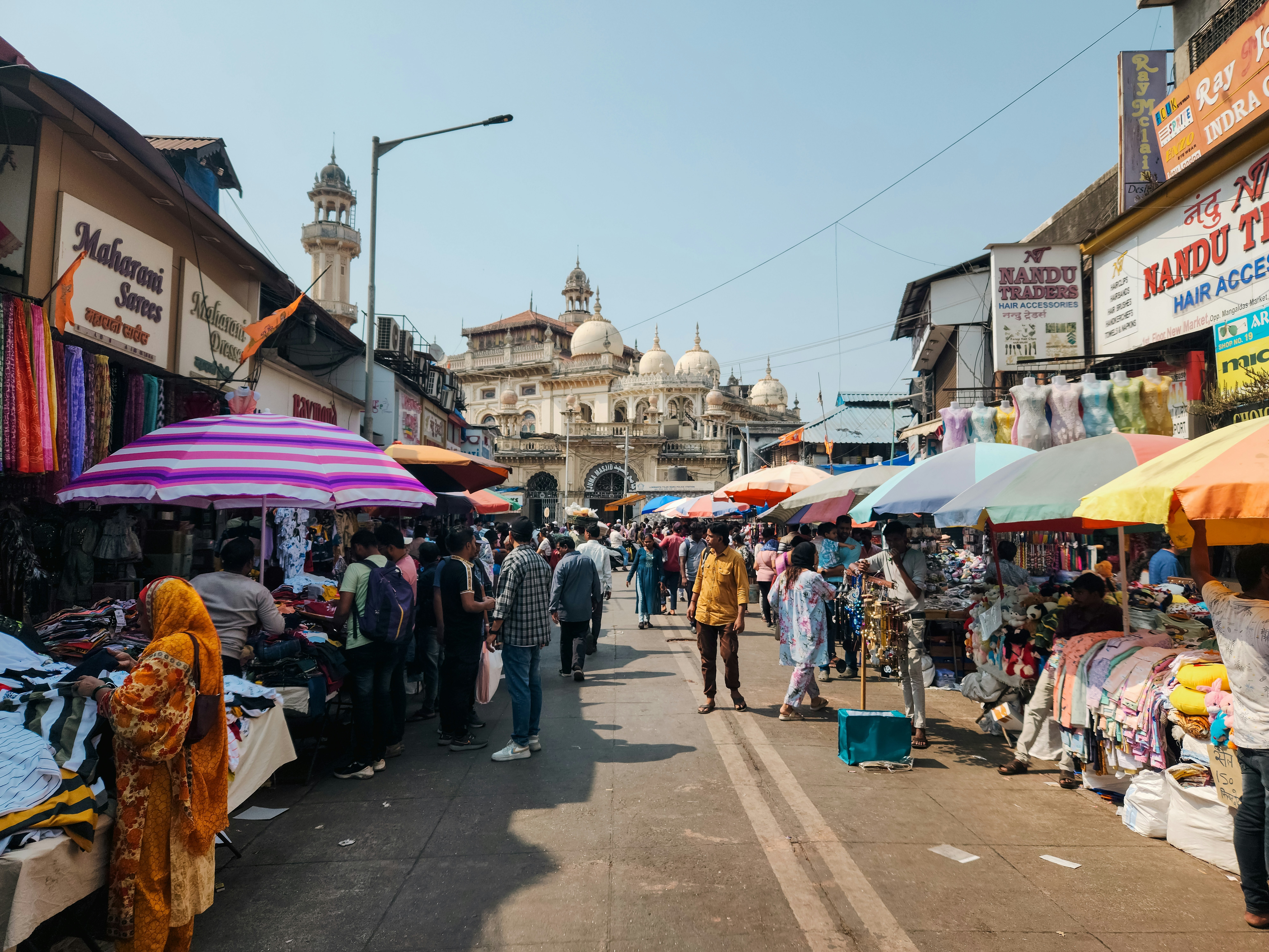The next decade will be defined by climate change and cyber risk

The world is facing the dual risk of climate change and cyber insecurity. Image: Unsplash/NASA
- Climate change returned to the top of the experts’ risk ranking in AXA’s 2021 survey.
- At the same time, cyber risks are becoming more serious.
- Governments and corporations need to work more closely together to reinforce societal and economic resilience.
Climate change has overtaken pandemics as the biggest worry for risk experts. At the same time, cyber risks are becoming more serious. These are the key takeaways from the newly published 2021 AXA Future Risk Report, which starkly illustrates the need for governments and corporations to work more closely together to reinforce societal and economic resilience. Similarly, the World Economic Forum in its 2021 Global Risk Report, finds that with the world more attuned to risk, lessons can be drawn to strengthen response and resilience.
Every year, AXA surveys two groups: risk experts and the public. This year our survey reached almost 3,500 experts from 60 countries, along with 20,000 members of the public from 15 countries around the world.
Climate change returned to the top of the experts’ risk ranking in the 2021 survey, having been displaced by pandemic risk in 2020. We asked experts to rank their top five risks over a five- to ten-year timescale, and it came as no surprise that climate risks are back on top after a year of heatwaves, wildfires, floods, and freezes.
What the survey showed
The survey, however, revealed regional differences: climate concern is higher in Europe than anywhere else, among both experts and the public. Meanwhile, experts in Africa and the Americas were most pessimistic about their national governments’ preparedness to tackle this risk. Overall, just 19% of the experts we surveyed believe that their government is sufficiently prepared for climate-related risks.
In the run-up to COP26, we believe this is powerful evidence of the need for the private sector to step up and take more responsibility for leading the climate fight. Governments can help by joining international accords that make regulations more consistent between countries and across changes of administration. This will create the conditions for corporations to make bolder moves to manage climate change.
The need for closer collaboration between the public and private sectors also emerged strongly. This was inferred from the number-two risk in the experts’ rankings – cyber risks. More expert respondents selected cyber risk among their top five than any other risk. This broad-based concern about cyber risks comes after a year in which COVID-19 restrictions accelerated the digitalization of nearly all economic activities.
Just 26% of experts said they thought their governments are prepared for cyber risks – this is a figure that has not improved since we first asked the question in 2019. The last year has seen cybercrime become firmly established as a sophisticated shadow industry, with the rise of “ransomware-as-a-service” providers and new cryptocurrencies enabling money to be extorted with greater stealth.
As insurers, we see a pressing need for better alignment between the private and public sectors in their handling of cyber risks. It is often very difficult to distinguish ransomware attacks by highly organized criminal gangs from acts of cyber warfare sponsored by nation-states.
Pandemic-related risk has not gone away. It ranked third with our experts, but still top with the public. In fact, another year of COVID-19 seems to have made the public more concerned about broader health issues: they were more likely than experts to worry about chronic illnesses, exposure to harmful substances, pollution, and mental health.
In the coming years, we expect health concerns to continue to loom large on the radar. Health systems have been stressed by the pandemic, with many workers suffering burnout. Public finances are under pressure, and populations are ageing in many societies.
On the positive side, the pandemic spurred the development of digital solutions in healthcare as in many other sectors, from video consultations to automated diagnostics. Public and private sector players must work together to figure out how to improve the efficiency of healthcare services by rolling out these solutions more widely.
Like climate change and cyber risks, health risks featured heavily in both news coverage and people’s daily experiences over the last year. That helps to explain why the large majority of survey respondents – 84% of experts and 80% of the general public – told us they think the world is more vulnerable to risks overall than it was five years ago.
But it is not all doom and gloom. From the survey responses, we have identified three reasons to be optimistic that humanity can tackle future risks.
First, the public is increasingly keen on global cooperation: 55% of respondents said they consider the global level the most effective level of decision-making to tackle risks, up from 50% in last year’s survey.
Second, despite much-reported concerns about the ‘infodemic’ and anti-expert sentiment, three-quarters of survey respondents told us they trust the capability of scientists and academics to tackle future crises.
Finally, the youngest respondents to our survey were least likely to consider that the world is getting more vulnerable, and the most likely to express confidence in experts, scientists, and global-level cooperation to find solutions to future risks. Young people are the leaders of tomorrow – they are hopeful, and that should give us hope.
Don't miss any update on this topic
Create a free account and access your personalized content collection with our latest publications and analyses.
License and Republishing
World Economic Forum articles may be republished in accordance with the Creative Commons Attribution-NonCommercial-NoDerivatives 4.0 International Public License, and in accordance with our Terms of Use.
The views expressed in this article are those of the author alone and not the World Economic Forum.
Stay up to date:
Cybersecurity
Related topics:
Forum Stories newsletter
Bringing you weekly curated insights and analysis on the global issues that matter.
More on CybersecuritySee all
Julie Iskow and Kim Huffman
November 11, 2025









